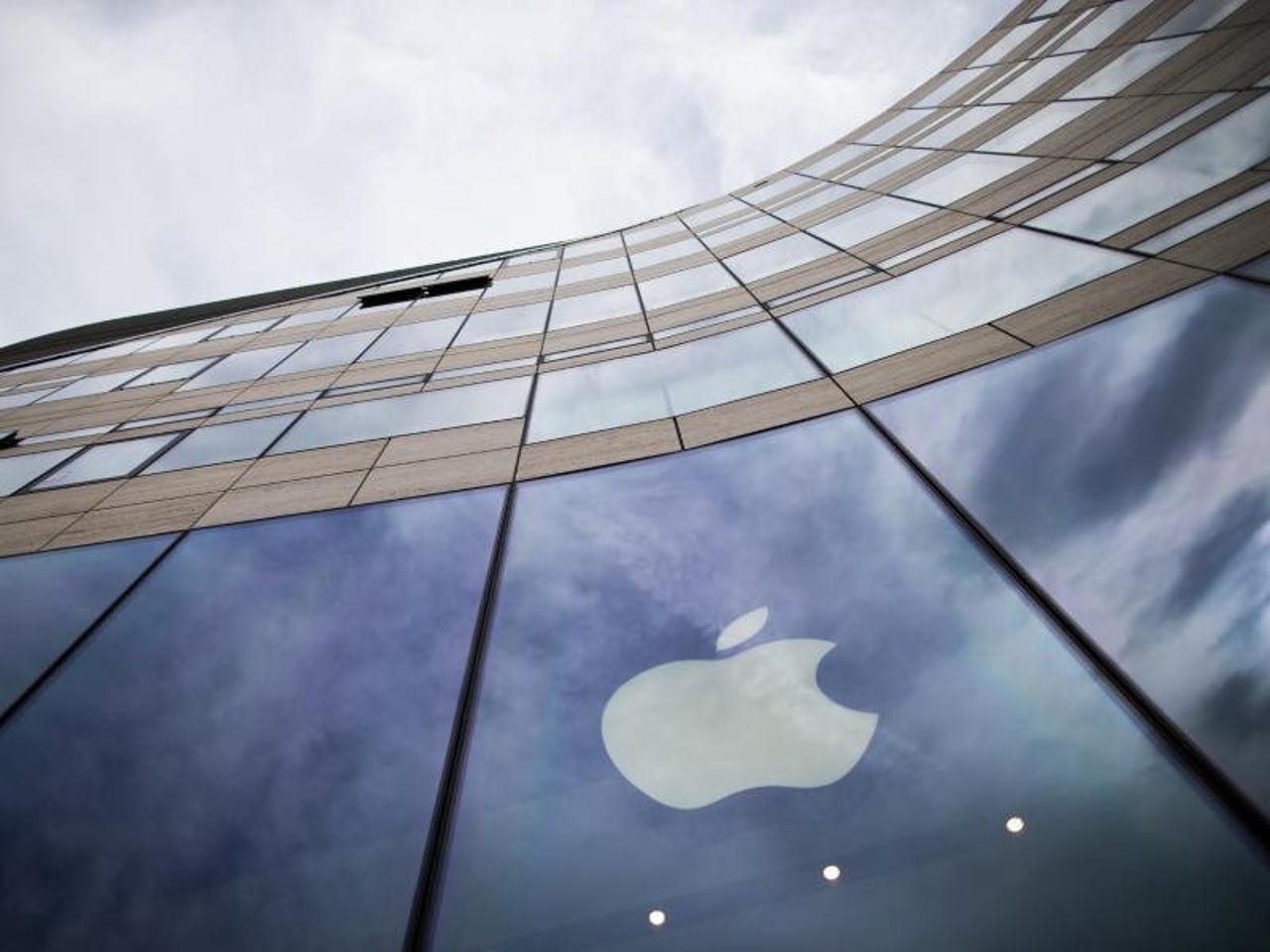As Apple vs. FBI deepens, tech companies face these nuclear options


(Image: file photo via Rolf Vennenbernd/AP Images)
Experts are warning that the fallout from Apple losing its case against the Justice Dept. in a fight over access to one of the San Bernardino shooters' iPhone could be seen for years to come.
Tech companies across the US are closely watching the outcome of the "unprecedented" case, which some have said would vastly widen the scope of the government's investigative arsenal.
Critics argue that if Apple loses, the precedent would have a devastating effect on the health of the US tech industry.
Last month the FBI brought a case against Apple to compel it to help its agents break into the iPhone of one of the shooters, Syed Farook, who along with his wife, Tashfeen Malik, killed 14 people and injured dozens in the shooting attack on December 2.
Apple refused to help the feds "backdoor" its own product, arguing that it can't crack the encryption, and lodged a formal appeal.
It's no surprise that the iPhone maker has received an outpouring of support from fellow tech companies, groups, and dozens of law professors.
One of those included Lavabit founder Ladar Levison, who forcibly shut down his encrypted email service -- said to be used by whistleblower Edward Snowden -- after federal agents demanded he turn over his master encryption keys.
Lavabit argued in an amicus brief (PDF) filed earlier this month that a win for the Justice Dept. "would likely result in many businesses moving their operations offshore, therefore, making it more difficult for law enforcement to obtain even ordinary assistance from such companies."
Moving operations offshore would be a nuclear option for Apple, one that would dent its operational earnings but one that would have far greater consequences for the wider US economy.
"Tremendous" impact for a generation
Apple has about $20 billion in domestic cash -- a fraction of its overall cash pile it stores in various countries -- and a publicly-listed market cap of about $550 billion.
A departure from Silicon Valley would not be an overnight endeavor for Apple, or any other large multinational, but it may spark a rethink in how Apple distributes its wealth and locations it wants to invest.
US government's hostilities towards the "crown jewel" of its economy may not be a public relations battle the Obama administration can win. (Image: file photo/AP Images)
Andrea Matwyshyn, a scholar at Stanford Law School's Center for Internet and Society and a professor at Boston's Northeastern University School of Law, said on the phone that "picking a fight with the crown jewel of our economy" may push some companies to reconsider their domestic growth in favor of investing their overseas operations where the legal landscape may be more hospitable.
Silent Circle, maker of encrypted phone and messaging apps, famously moved to Switzerland in part to avoid the prying eyes of the US government, setting an example for smaller, more nimble firms.
"If we lost the large tech players in our economy over the long term the impact would be tremendous," said Matwyshyn. "There is a systemic risk broadly speaking not only to the short term to our economy, but in terms of the health of our society for a generation of tech entrepreneurs," she said.
Hostile perceptions
The perception of hostilities against US tech companies from their own government may be a public relations battle the Obama administration may not win so easily.
Matwyshyn said that products born out of the US tech industry "act as cultural ambassadors" of American values, like freedom of speech and the frank exchanges of ideas.
more coverage
"It sends a signal if our courts call into question in the eyes of outsiders the openness of discourse that we pride ourselves on and that we want to hold out as a model for democratic values to the rest of the world," she said.
What she described as a "short-term gain" for law enforcement would "simply train the criminals to be less reliant on US technologies," a fear echoed by others.
Kevin Bankston, director of the Open Technology Institute, explained that, "the more serious threat is customers moving away from domestic companies' products and towards those of their foreign competitors."
In the wake of the Snowden revelations, US tech titans have lost billions in revenue, in part a result of China's aggressive walkback from American technology. That could only get worse if the government wins and the courts compel Apple to weaken the security of its own products.
"If US courts decide that the government can force American tech companies to undermine the security of their products, that's just another reason for international customers to avoid doing business with us," said Bankston.
A boon or bust to security
Companies that are anchored to the US, either economically or strategically, may face the prospect of taking the path of least resistance in the wake of overreaching government demands.
Apple vs. FBI: Top 5 distortions, delusions, and downright lies
Julian Sanchez, senior fellow at the Cato Institute, said many companies may face similar demands for backdoors by other governments, and so they may have to radically rethink how they approach product security -- whether they move or not.
"They'll either decide it's not worth investing in hardening security along some margins, because this only increases their burdens later when they're forced to hack their own system," said Sanchez in an email, "or they'll look for design solutions that leave the company itself completely incapable of assisting law enforcement."
Given that Apple, one of the largest and most powerful companies in the US, took the latter approach and failed, other companies may not have much power to push back.
"Having failed to pass legislation mandating backdoors, [the government] makes compliance with requests of this kind onerous enough that companies are tempted to deploy them voluntarily because it's less burdensome than having to hack their own products and services," said Sanchez.